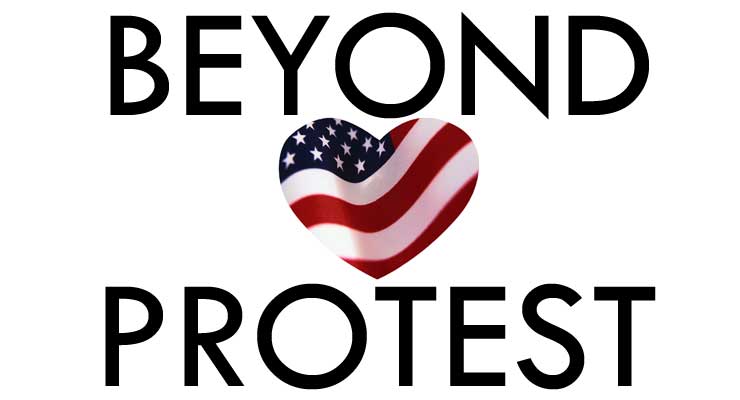
Ninth in a series of ten posts on MLK.
“Our most powerful nonviolent weapon is, as would be expected, also our most demanding, that is organization. To produce change people must be organized to work together in units of power”[1]
Here is a challenge largely unanswered. The failure of the last revolution remains as our failure — the failure to organize. For King, the long road to revolution calls for organization.
Yet in candor and self-criticism it is necessary to acknowledge that the torturous job of organizing solidly and simultaneously in thousands of places was not a feature of our work. This is as true for the older civil rights organization as for the new ones. The older organizations have only acquired a mass base recently, and they still retain the flabby structures and policies that a pressureless situation made possible.
Many civil rights organizations were born as specialists in agitation and dramatic projects; they attracted massive sympathy and support; but they did not assemble and unify the support for new stages of struggle. The effect on their allies reflected their basic practices. Support waxed and waned, and people became conditioned to action in crisis but inaction from day to day. We unconsciously patterned a crisis policy and program, and summoned support not for daily commitment but for explosive events alone.
Recognizing that no army can mobilize and demobilize and remain a fighting unit, we will have to build far-flung workmanlike and experienced organizations in the future if the legislation we created and the agreements we forge are to be ably and zealously superintended…..We shall have to have people tied together in a long-term relationship instead of evanescent enthusiasts who lose their experience, spirit and unity because they have no mechanism that directs them to new tasks.[2]
What are our long-term relationships? What are our units of power?
To produce change, people must be organized to work together in units of power. These units might be political, as in the case of voters’ leagues and political parties; they may be economic units such as groups of tenants who join forces to form a tenant union or to organize a rent strike; or they may be laboring units of persons who are seeking employment and wage increases.[3]
When people come together to engage in sustained struggles over the exercise of power they are building “units of power. ”
Yet, King has helped us to identify one of the major weakness that persists inside the many movements for social change. Where are our worker-like “units of power”? Some leading unions are hard at work and a few social movement groups move beyond protest. But mostly we love to demonstrate and march and respond to crisis, or to post opinion on social media, but shy away from the hard work of organizing and/or rebuilding our communities and workplaces through bottom-up projects to reclaim our food, water, work, power and freedom.
For starters, that means talking with the people that live or work next to us about the issues that directly touch our daily lives. It is the not-so-simple act of talking with people about positive programs, as well as problems, that makes organizing a revolutionary practice.
Nonviolence is essentially a positive concept….On the one hand nonviolence requires noncooperation with evil; on the other hand it requires cooperation with the constructive forces of good. Without this constructive aspect noncooperation ends where it begins. Therefore the Negro must get to work on a program with a broad range of positive goals.[4]
We know what we are against but what are we for?
Protest is important but protest alone is not enough. When we take comfort in kindred spirits too often we forfeit power. Where is the power in protest? Where is the power in love or truth? One place to find that power is in organization.
The practical question then becomes: how do we conduct organizing projects that helps people act on the knowledge that “we the people,” and “we the planet,” — in all our wild diversity and richness — are more important than profit motives, corporate property rights and the war machine.
A lot of great work is already underway. However:
[N]onviolence will be effective, but not until it has achieved the massive dimensions, the disciplined planning, and the intense commitment of a sustained, direct-action movement of civil disobedience on the national scale.[5]
It will take political skill, determination, vision and resources to conduct experiments until we rediscover how to build massive social movements and rebuild shattered communities. Occupy, Ferguson, Idle No More, #BlackLivesMatter, Detroit, the struggles of low wage and contingent workers, and the many-faceted efforts to protect the earth — all these and many more experiments need to be conducted. In time we may see a contemporary version of what King saw:
We are all connected with each other and with nature.
All citations are from, A Testament of Hope.
[1] Nonviolence, The Only Road to Freedom, 60. check this
[2] Where Do We Go From Here, 612-613
[3] Nonviolence, The Only Road to Freedom, 60.
[4] Stride Toward Freedom, 488
[5] The Trumpet of Conscience, 650
Leave a Reply